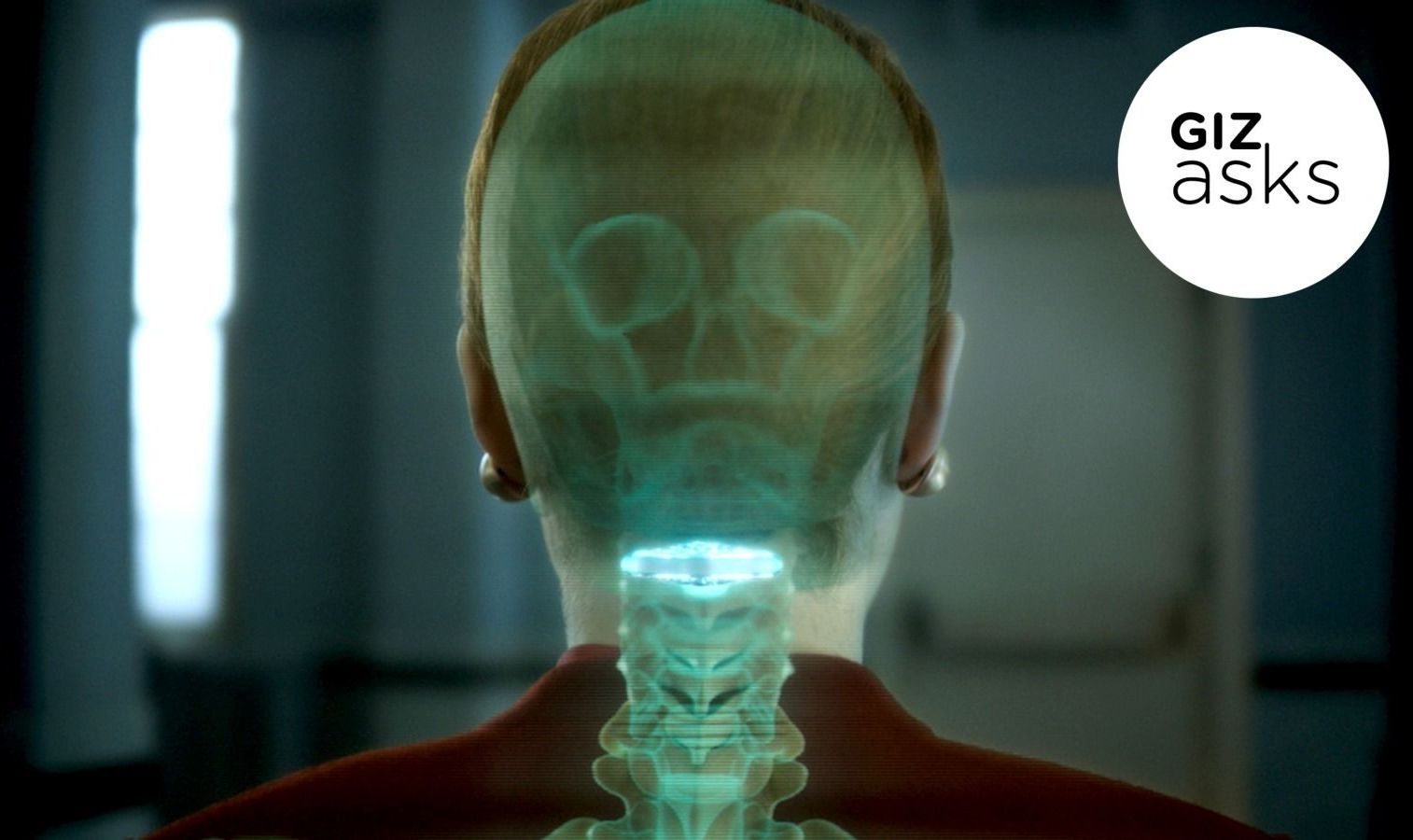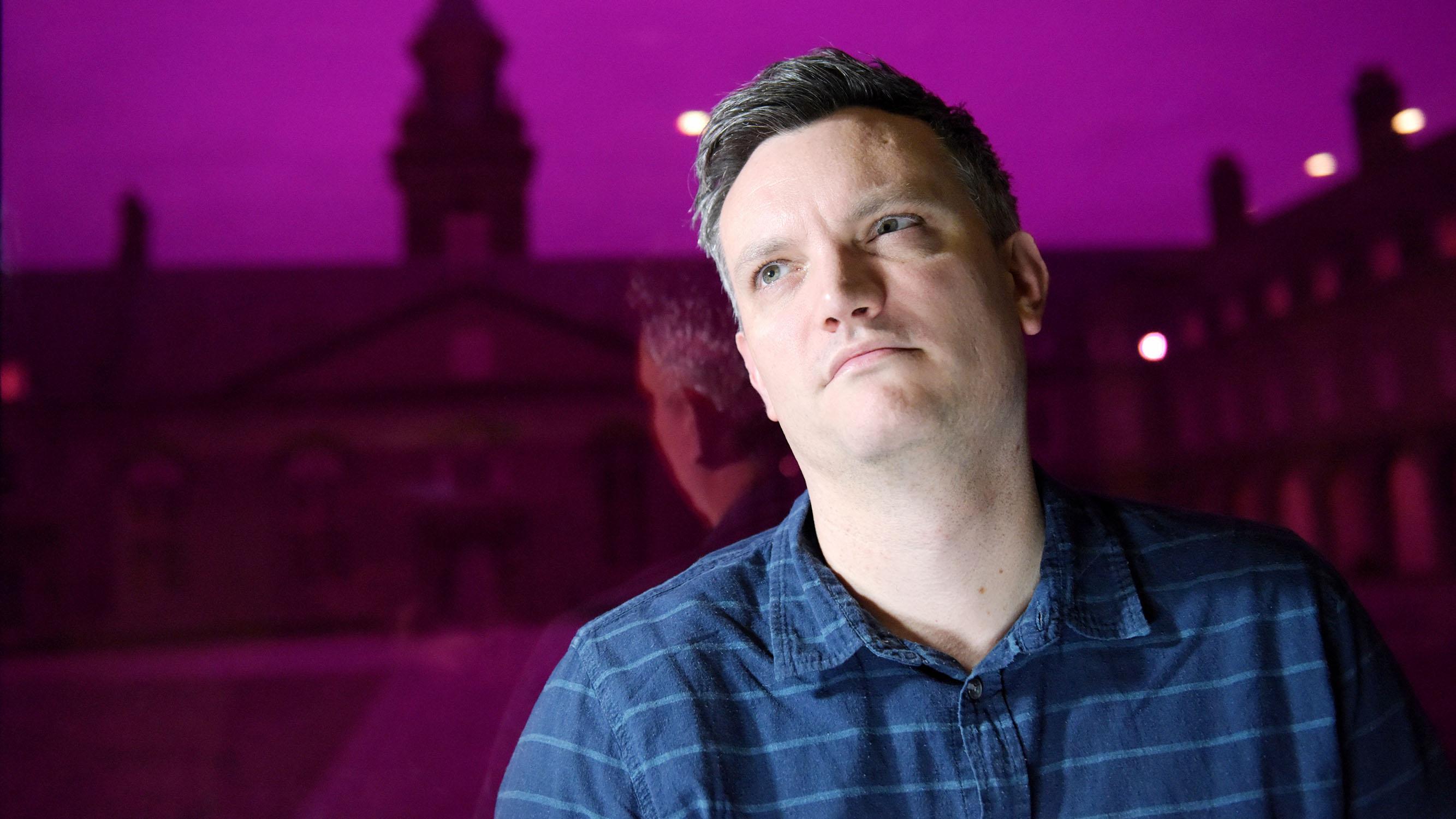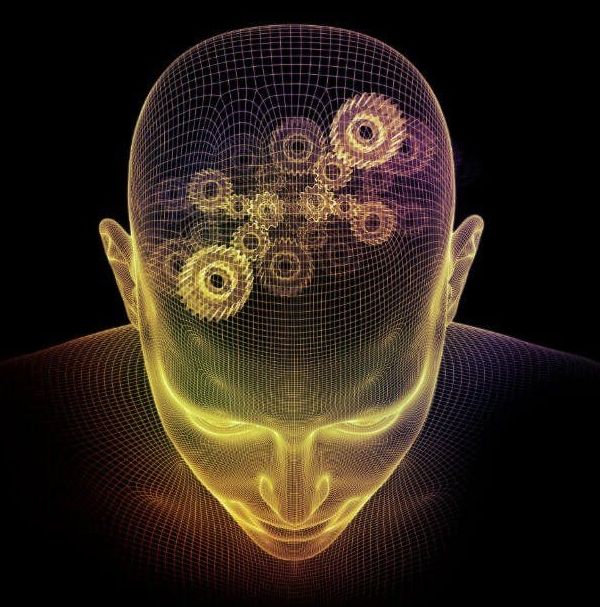Feb 21, 2018
Will We Ever Be Able to Upload a Mind to a New Body?
Posted by Derick Lee in categories: mapping, neuroscience, robotics/AI
The Netflix series takes place hundreds of years in the future, but references versions of technology that have been in development for years, like brain mapping, human and AI neural links, and mind uploading to computers. Millions of dollars has been bumped into technological ideas that promise, one day, our brains will be turned digital. That said, there are those who believe the human mind is too complex, and our consciousness too nuanced, to be recreated in a digital product. And none of that even goes into what would happen if someone’s digitized mind was placed into real human flesh.
Will we ever be able to upload our minds into other bodies? Furthermore, should we? And honestly, if we ever achieved such a feat, could we even call ourselves human anymore? On this week’s Giz Asks, we reached out to experts in neuroscience, philosophy and futurism.


















